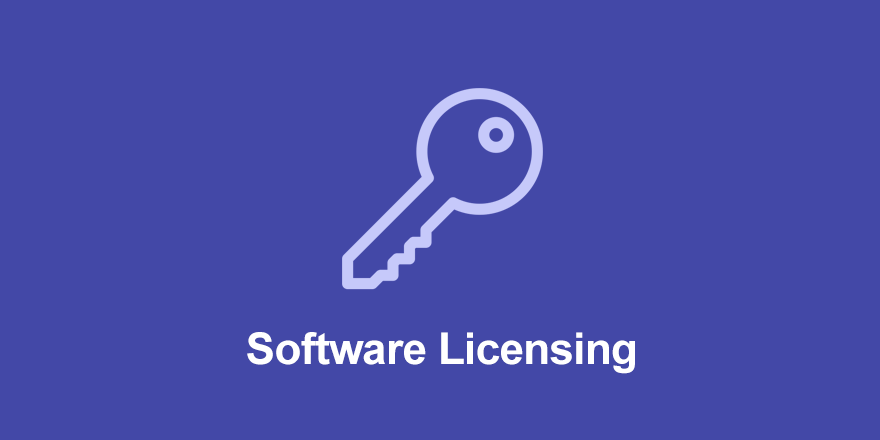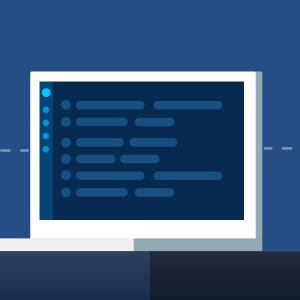How to choose a software license? (What to look for + Simple Guide)
June 15, 2022

When considering a software license, ensure you examine the software and its scope, the restrictions the license places on the user, its pricing mechanisms, the monitoring of compliance and use, and its dispute resolution processes.
Whether you are operating a business or are operating as an individual, you will require a software license agreement (SLA) to receive and purchase various services. However, there is no standard SLA, so there are criteria you must examine to make the best choice that suits you or your business needs, as well as negotiate for better terms where you can – and this is why I write this article.
What you should look for in an SLA
Agreement Scope
The license should allow you to install and use the software on one or more devices, change it when necessary, copy it as needed, and permit the right access or level of use.
Intellectual property
Anytime there is software, data will exist at some point – and the SLA must cover the data protection due to this. Therefore, check if the contract includes information on the data types that are collected, shared, and used, as well as the ownership features of shared IPs.
Risk allocation
This is essential to understand because it covers all liability limitations, warranties, and indemnities. This includes the caps you can recover in case of data breaches, and any legal expenses you will incur when you breach the agreement.
Service levels
This covers when you experience technical challenges when using the service, and licensors will rarely offer it unless you ask for it.
Termination of the SLA
As with other contracts, you must define SLA terms and termination methods. In most instances, the software provider grants agreements on a term basis, and you can set up the system to auto-renew or leave if you wish once the contract ends.
A table explaining how to choose a software license
| Criteria to examine | Some questions to ask |
| Agreement scope | What are its limitations, features, or services?
Does the software give you unlimited access? Is it geographically limited? Is the license perpetual or for a fixed period? |
| Intellectual property | Are there international or state data privacy laws I must comply with?
What security measures are present? Can the licensor share the data and why? |
| Risk spreading | What protection is present for my data?
How much money is payable to me in case of data breaches? |
| Service levels | What happens when I experience technical challenges when using the service?
How can I reach customer service? Do I have to make extra payments or is it included in the fees? |
| Termination and renewal | Are there written renewal agreements?
Under what circumstances can I terminate the contract? Are there cancellation penalties? Are there negotiating leverages I can explore in case of rising rates? |
Conclusion
Taking some time to examine your SLA terms and conditions through these tips will help you know if your license is sufficient, and whether you need to renegotiate it, or change to another license type.
FAQs
Why is it essential to read my software license agreements?
This will help you to avoid violating the SLA terms and reduce the chances of paying fines or losing the right to use the software.
What clauses are the most important in all software licenses?
These clauses pertain to governing laws, non-exclusivity, breach of the contract, non-transferability, modification, limitation of liabilities, and rights.
Why is it essential to licensing software properly?
This will ensure anyone using the software does so legally and also promote efficiency improvements during use.
